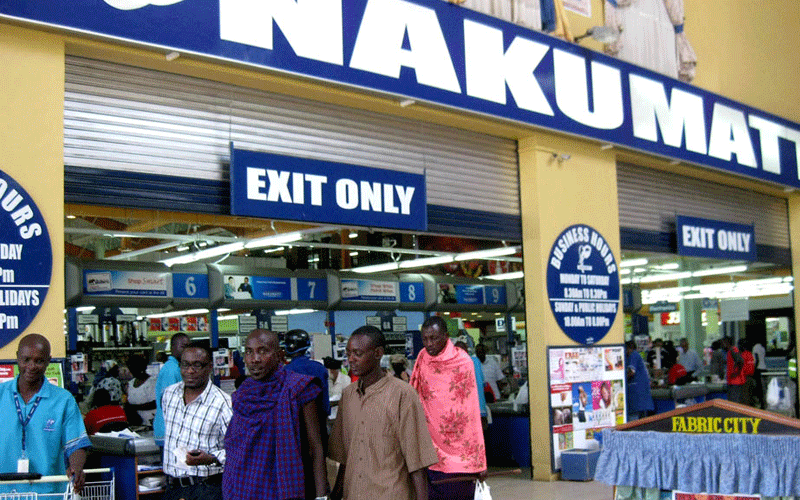Nakumatt suppermarket clients could lose Sh2b in loyalty points

Nakumatt customers will lose close to Sh2 billion worth of loyalty points following a decision by the retailer’s creditors to liquidate the company, pointing to a possible class suit.
This was one of the revelations at the Tuesday meeting called by Nakumatt administrator Peter Kahi, who disclosed that the company still held Sh1.8 billion worth of loyalty points owed to its former customers but which are listed as part of the retailer’s assets.
In a surprise turn of events during the meeting which voted to wind up the supermarket chain, the administrator was hard pressed to explain how the loyalty points got listed as Nakumatt’s assets yet it was money owed by the supermarket to its loyal customers.
East Africa’s biggest retailer wound up after it was unable to pay debts following a failed rescue attempt.
“Why are the loyalty points presented as company assets instead of liabilities yet it’s money they owe customers?
What will happen if the customers come for their money?” posed an angry creditor who wanted to be referred to only as Joseph.
Await suit
A representative of Nakumatt management could not give a satisfactory answer, only saying it’s how the retailer “did things”.
Yesterday, Consumer Federation of Kenya Secretary General Stephen Mutoro termed Nakumatt’s move a fraud and called on relevant government agencies including the Director of Public Prosecutions and the Unclaimed Assets Authority to move with speed to recover the loyalty points owed. 
“How would you declare property that is not yours as an asset? That’s an obvious case of fraud. Loyalty points belong to the customers and not the company,” said Mutoro.
“The customers must be paid. The company went down under suspicious circumstances but the directors aren’t bankrupt as individuals. They must pay the equivalent of those loyalty points,” he added.
Mutoro called on the government to freeze assets of the Nakumatt directors awaiting a class action suit from aggrieved customers.
He advised aggrieved customers to lay a claim with his office or other relevant government agencies to help create an inventory of unclaimed points, adding that it would be unwise to depend solely on Nakumatt for records now that it had declared the points its assets.
He further called on the government to bar Nakumatt directors from conducting business in the country as a way of entrenching good corporate governance and deterring others from engaging in corporate mischief.
Redeem points
A Nairobi lawyer George Omwansa said loyalty points are liabilities to the company and should be treated as such.
“Anything that is not owned by the company is a liability and can be monetised into cash. That is the general principle. If they (customers) had a claim before liquidation, they still have a claim now,” he said.
He, however, warned that the ability of customers to redeem the points depends on the terms and conditions set by the retailer for the programme before it went bust.
Another lawyer, Job Nyasimi, said loyalty points are a liability, just like a promissory note.
“It is a liability as long as it is not their money. It is a credit because it is a promissory note to pay customers later,” Nyasimi said.
Audit firm Parker Randall showed in a report that Nakumatt directors lied about the true financial position of the company, saying the retailer was financially sound at a time when it had a Sh6.5 billion net loss and a Sh27 billion shareholder’s deficit.
Ascertain values
While presenting the audit report to Nakumatt creditors in Nairobi, Victor Majani, a partner at Parker Randall, issued a disclaimer of opinion on the financial statements for the three years (2017, 2018 and 2019) the firm audited Nakumatt, saying he did not get sufficient evidence on opening balances and could not ascertain the inventory values contained in the financial statements given to him by the Nakumatt management.
The retailer, which expanded from a corner shop in Nakuru town and expanded to more than 60 branches across East Africa before a cash crunch forced it to close shop, sank with suppliers, landlords and other creditors demanding close to Sh36 billion in debts.



